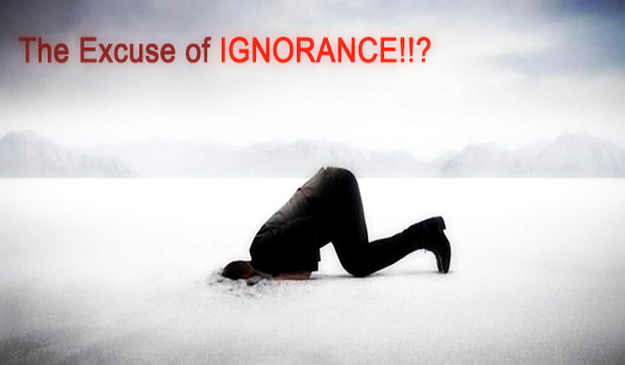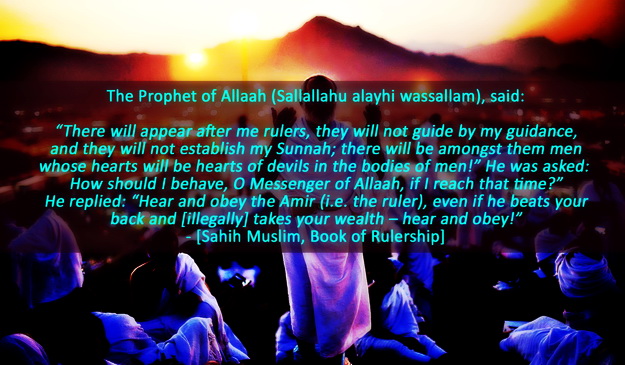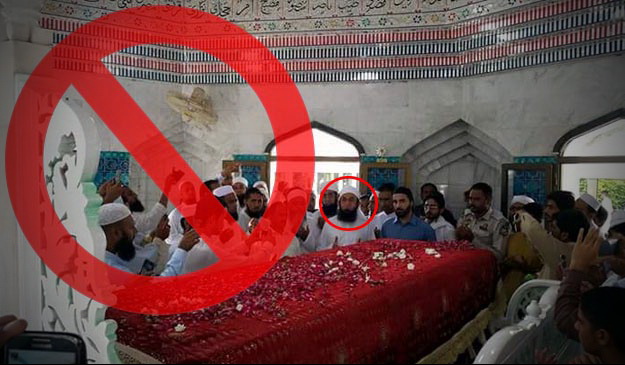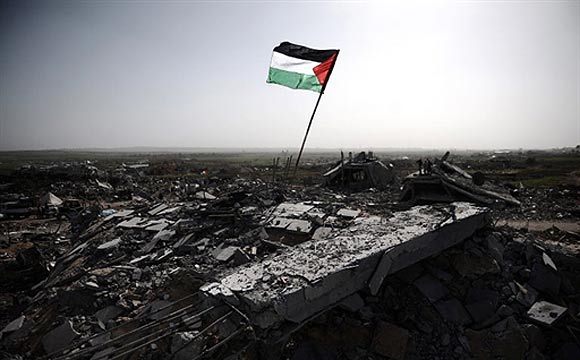Invocation, vows, offering sacrifices etc are acts of worship and can only be carried out for Allaah alone, and not for graves, tombs, shrines and their dead inhabitants. Whoever directs the above acts of worship to others besides Allaah, then indeed he or she has committed major shirk [major polytheism] …
Read More »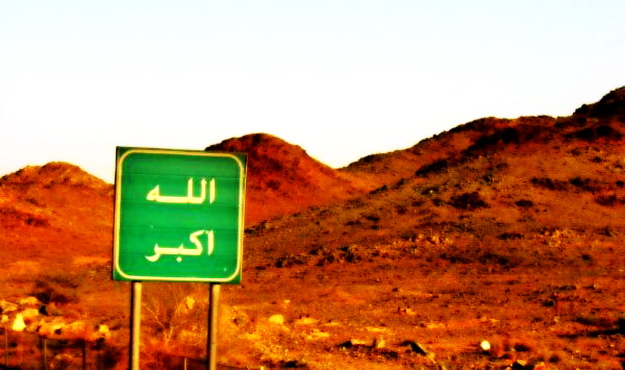
 navedz.com a muslim's Quest for the truth
navedz.com a muslim's Quest for the truth
